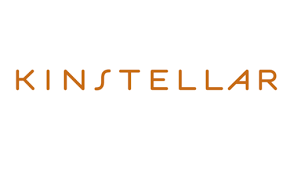Open banking is changing the way people use banking services in the modern world. Europe prides itself on being the cradle of the open banking revolution, with the EU’s Payment Services Directive[1] (PSD2) being one of the first regulatory initiatives to open up bank-held account data. PSD2 has been in force now for more than four years and has already reshaped the European payments sector. The ongoing review of PSD2 brings an opportunity to assess the current status of open banking in Europe as well as the impact of the directive on the sector.
Open banking is the practice of enabling secure interoperability in the banking industry by allowing third-party providers (TPPs) to access payment transactions and other data from banks and other payment services providers. Through the use of application programming interfaces (APIs), open banking allows the networking of payment accounts and data across financial institutions. TPPs such as fintechs and e-commerce businesses can access the data and utilise it to build custom services. This ultimately provides customers with a range of new services for managing their finances.
Revised Payment Services Directive (PSD2)
The arrival of open banking in Europe would not be possible without PSD2, a regulatory initiative that aims to increase competition and innovation in payment services. The PSD2 directive was adopted in 2015 and EU member states had until January 2018 to transpose it into national law.
At the beginning of 2022 – more than four years after the directive went live – there is no doubt that PSD2 has had a significant impact on the European payments industry, as well as the entire banking sector. Yet, some people may argue that open banking in Europe has not succeeded as much as was expected, and that the payments market has not yet fully utilised the opportunities brought by the opening up of bank-held account data.
The review of PSD2, which is currently underway,[2] brings an opportunity to analyse the current state of open banking in Europe…


